Health And Medicine
-

Study finds disagreement on the role of primary care nurse practitioners
While physicians and nurse practitioners agree on general principles, survey reveals differences on specific policies (Vanderbilt University) Primary care physicians and nurse practitioners significantly disagree on some proposed changes to the scope of nurse practitioners’ responsibilities, according to a New England Journal of Medicine study released… Read MoreMay 16, 2013
-
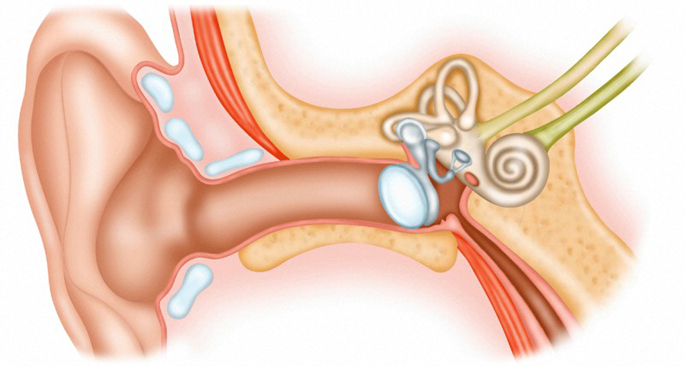
Inner ear’s role in bone remodeling
The inner ear system that senses gravity and movement plays a role in bone remodeling – a finding that has clinical implications for space travel and for patients with inner ear disorders. Read MoreMay 15, 2013
-

Salt revs stomach bug’s cancer impact
A high-salt diet worsens the carcinogenic effects of Helicobacter pylori, a bacterium that colonizes the stomachs of half of the world’s population. Read MoreMay 13, 2013
-

Profiling heart cells
A “profile” of the genes and regulatory networks that govern early heart valve development lay the groundwork for generating valves from a patient’s own cells. Read MoreMay 10, 2013
-

NIH grants bolster autism research, treatment efforts
Researchers at Vanderbilt University have received grant awards from the National Institutes of Health as part of the Autism Centers of Excellence (ACE) research program. The NIH announced grant awards of $100 million over five years to 11 centers nationwide, three of which feature projects from Vanderbilt Kennedy Center investigators, to further studies on autism treatment and intervention. Read MoreMay 9, 2013
-
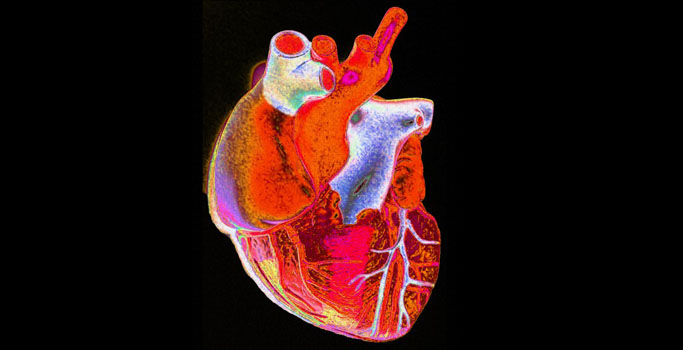
VHVI repository helps define cardiac disease mechanisms
Peggi Angel, Ph.D., research instructor in Biochemistry, studies congenital aortic valve stenosis in children. It’s a disease where the heart valve, which is normally very thin, becomes bloated with extracellular matrix. This occurs rapidly in some children but not in others. Read MoreMay 9, 2013
-
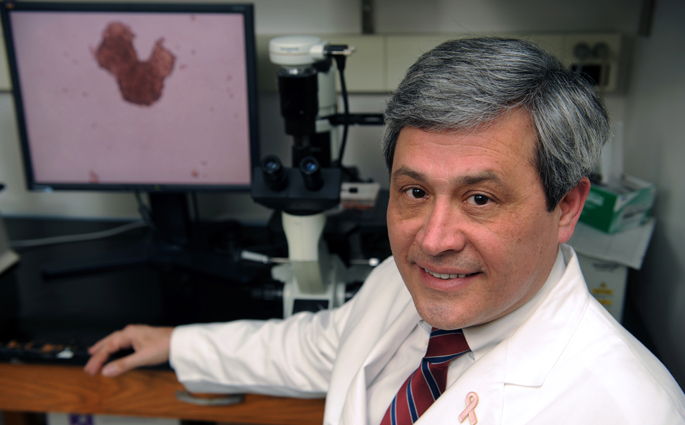
Arteaga to lead major new cancer research initiatives
Carlos Arteaga, M.D., professor of Medicine and Cancer Biology, has been appointed to lead two newly created cancer research initiatives at the Vanderbilt-Ingram Cancer Center. Read MoreMay 9, 2013
-
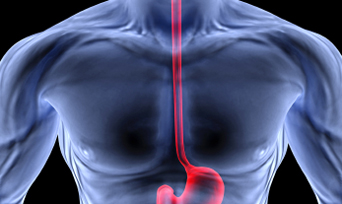
Dual-action enzyme protects esophagus
An antioxidant enzyme also functions as a tumor suppressor to limit cancer development in the esophagus. Read MoreMay 9, 2013
-

John Wikswo at TEDx Nashville: The Homunculi and I
John Wikswo, Gordon A. Cain University Professor of biomedical engineering and A. B. Learned Professor of Living Physics, presented "Homunculi and I: Lessons from building organs on chips" at TedX Nashville April 6, 2013. Read MoreMay 6, 2013
-

Taking the ‘noise’ out of protein data
Vanderbilt researchers have developed a novel algorithm to improve results from proteomic studies. Read MoreMay 1, 2013
-

Fava beans’ impact on urine sodium
Eating fava beans increases dopamine in blood and urine, but does not stimulate urinary sodium excretion. Read MoreApr 29, 2013
-

Factor reduces virus-related asthma attacks
An immune system factor associated with severe asthma may actually reduce asthma attacks induced by viral infections. Read MoreApr 26, 2013
-

New computer speeds clinical data collection
Tucked in a data center in the basement of Vanderbilt University Hospital, a new computer the size of a large armoire, called a data warehouse appliance, is delivering a new order of speed to Vanderbilt clinical scientists as they search, filter, analyze and annotate the de-identified medical records of approximately 2 million patients. Read MoreApr 25, 2013
-
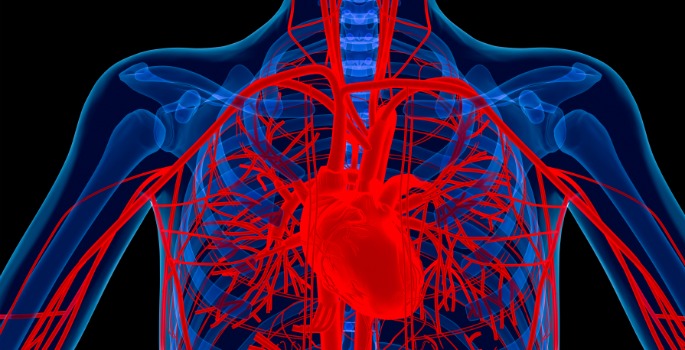
Study takes ‘cool’ approach to reducing heart attack damage
Vanderbilt Heart and Vascular Institute is participating in a clinical study to further evaluate the safety and feasibility of rapidly lowering the body’s temperature to significantly reduce the amount of damage caused by a heart attack. Read MoreApr 25, 2013
-

Food variety drives overeating in mouse model of obesity syndrome
Dietary variety – not high-fat or sugary foods – appears to stimulate overeating in a mouse model of an inherited obesity syndrome. Read MoreApr 25, 2013
-

Lack of exercise not a factor in health disparities
Health disparities between white and black adults in the South are not connected to a lack of exercise but more likely related to other factors such as access to health care, socioeconomic status and perhaps genetics, according to a Vanderbilt study published in PLoS ONE. Read MoreApr 18, 2013
-
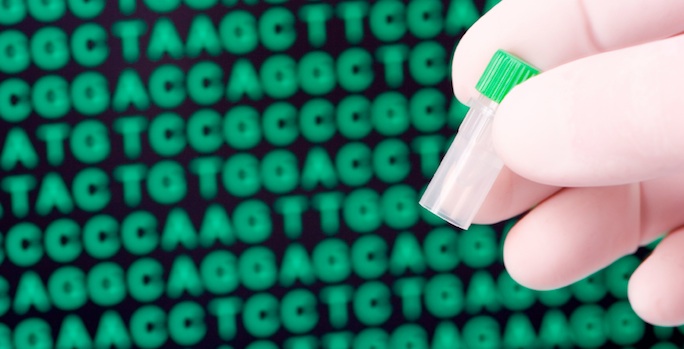
BMI gene study expands to people of African ancestry
An international team of scientists, including six from Vanderbilt University, has identified the first unique genetic determinants of body mass index (BMI) in people of African ancestry. Read MoreApr 18, 2013
-
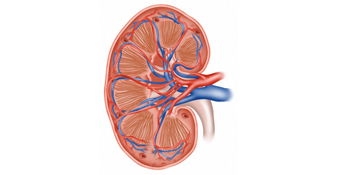
‘Longevity’ gene aids kidney survival
A gene associated with cell survival and longevity may protect the kidney from acute injury. Read MoreApr 17, 2013
-

A role for blood vessels in delirium?
Dysfunction of the endothelial cells that line blood vessels may contribute to delirium and coma in critically ill patients – and could be a target for therapy. Read MoreApr 15, 2013
-
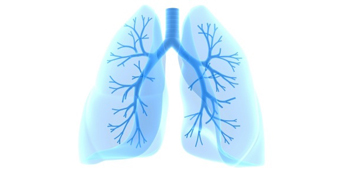
Lung damage protector
Targeting repair pathways in the lung’s air sacs may be a valuable therapeutic direction for pulmonary fibrosis – the scarring of lung tissue. Read MoreApr 12, 2013